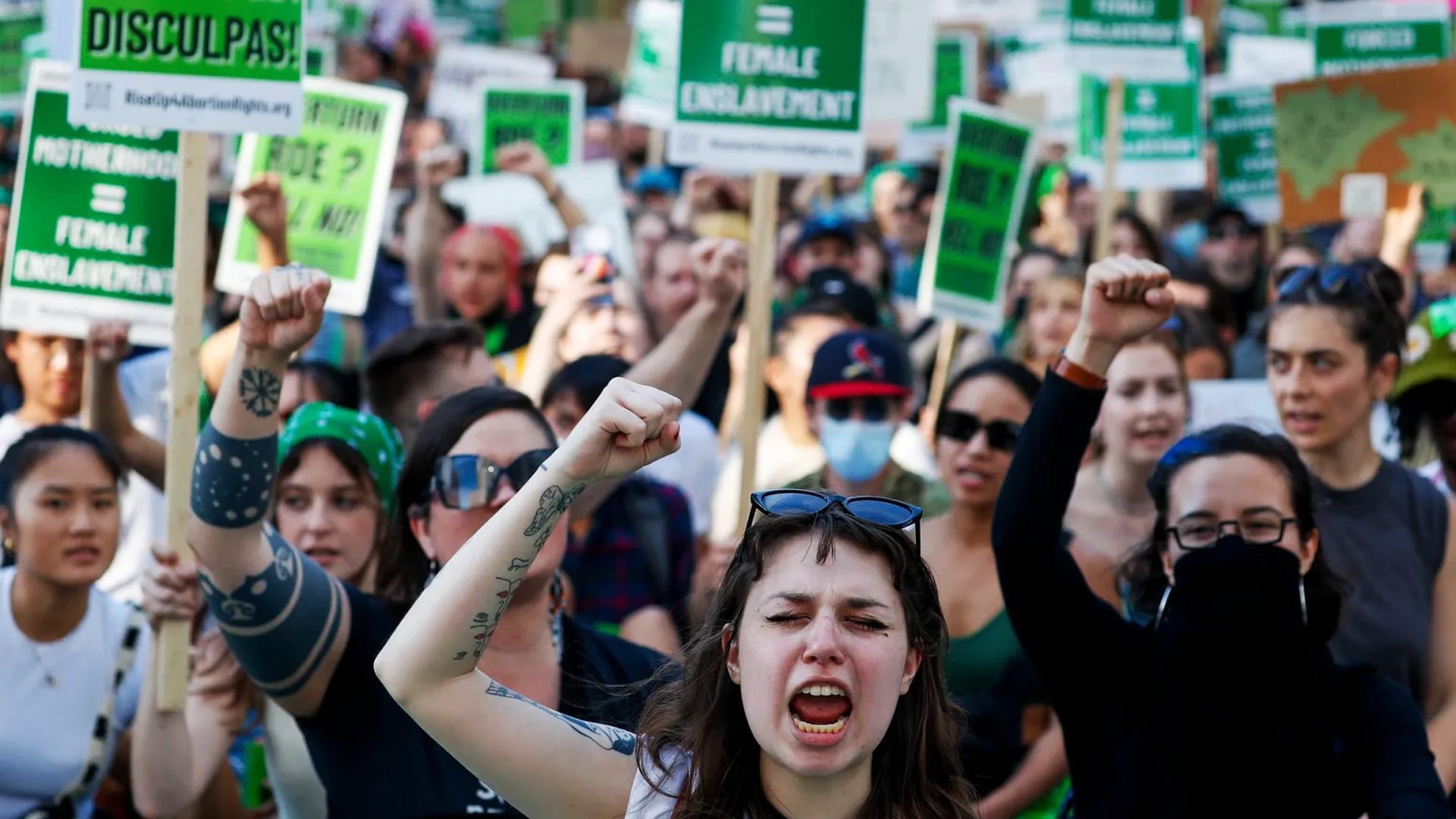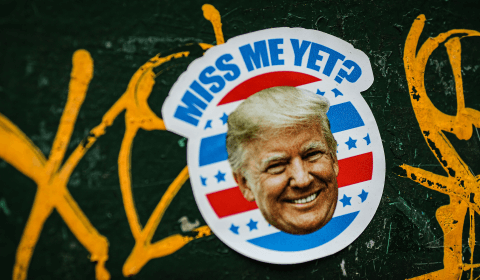In the wake of the Supreme Court’s decision to overturn Roe v Wade, Justice Clarence Thomas’ comments on LGBTQ+ rights suggest a war on civil liberty is just beginning in America.
In the next 30 days, 13 states will ban abortion in the US. Since the Supreme Court announced its decision to overturn Roe v Wade – the 1973 ruling that made abortion legal nationwide – Missouri has already made all abortions illegal state-wide.
For millions of Americans, the announcement means losing access to abortion services, even in cases of rape, incest, or medical emergency. It feels dystopian, archaic, frankly terrifying that this is somehow a new reality.
But for conservative America, the overturning of Roe v Wade marks a major victory – winning a 50 year battle to take control of women’s rights and bodies.
While it seems like things couldn’t get worse, right wing efforts to undo decades of legislative progress are far from over.
Clarence Thomas, one of the five Justices who voted to overturn Roe v Wade, has stated that the court’s decision is just the beginning.
The Roe v Wade ruling was originally passed based on the Due Process Clause of the Fifth and Fourteenth Amendments of the Constitution. These prohibit the government from depriving ‘any person of life, liberty, or property, without due process of law’.
In 1973, it was decided that this should include a woman’s right to her bodily autonomy, granting access to abortion before foetal viability – around 24 weeks of pregnancy.
Now that Roe v Wade has been upended, other legislation based on the Due Process Clause is also under threat.
Justice Thomas has shared opinions that fuel these concerns. On Friday, he announced that all decisions rooted in substantive due process should be reconsidered by the Supreme Court:
‘As I have previously explained, ‘substantive due process’ is an oxymoron that ‘lack[s] any basis in the constitution’ Thomas argued, suggesting that claims of the right to ‘life, liberty or property’ have no bearing on what those rights actually encompass.
Other liberties entitled to protection under this ruling include rights to contraception, same-sex consensual relations, and same-sex marriage. Thomas stated that he believed all were worth revisiting.
Jim Obergefell, who helped secure the 2015 ruling to legalise same-sex marriage across the US, has fought back against Thomas’s claims, stating that the Justice was ‘appointed by humans, he is not the Supreme Deity’.




















